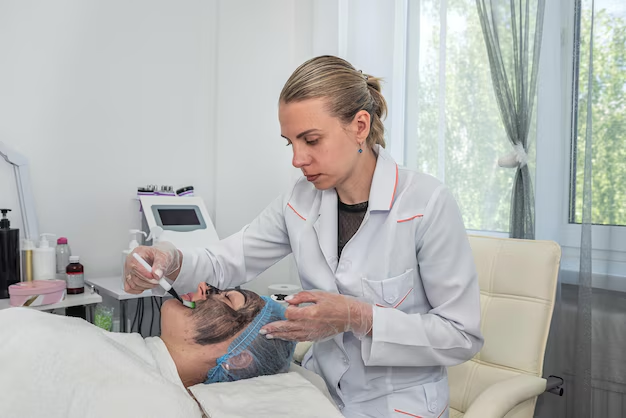How to Become a Facial Specialist: Education, Certifications, and Licenses
Becoming a facial specialist is a rewarding career choice for those passionate about skincare and aesthetics. The journey to this profession begins with the right education and credentials. Aspiring facial specialists typically start by enrolling in an accredited esthetician program, which offers the essential knowledge and hands-on training required for the field. These programs cover a range of topics, including skin analysis, facial treatments, and the use of esthetic equipment, preparing students for the demands of the industry. Upon completion, students must pass a state licensing exam to practice legally. Additionally, pursuing specialized certifications in areas like microdermabrasion, chemical peels, or advanced facial techniques can enhance one's skills and marketability, ensuring a comprehensive understanding of modern skincare trends and technologies.
In a dynamic and growing field like esthetics, continuous learning and professional development are crucial. Many educational institutions offer advanced courses and workshops to keep practitioners updated with the latest advancements in skincare. Such programs not only help in honing expertise but also foster a deeper understanding of client needs, thus building trust and a strong client base. Whether you're just beginning your journey or seeking to specialize further, investing time in quality education is key to a successful career as a facial specialist.
Key Steps to Becoming a Facial Specialist:
-
🎓 Esthetician Program
Enroll in an accredited esthetician school for foundational knowledge and skills. -
📜 State Licensing
Pass the required state licensing exam to legally practice as a facial specialist. -
💼 Specialized Certifications
Consider certifications in niche areas like microdermabrasion or chemical peels. -
🔄 Continuing Education
Engage in workshops and advanced courses to stay updated and enhance expertise.
